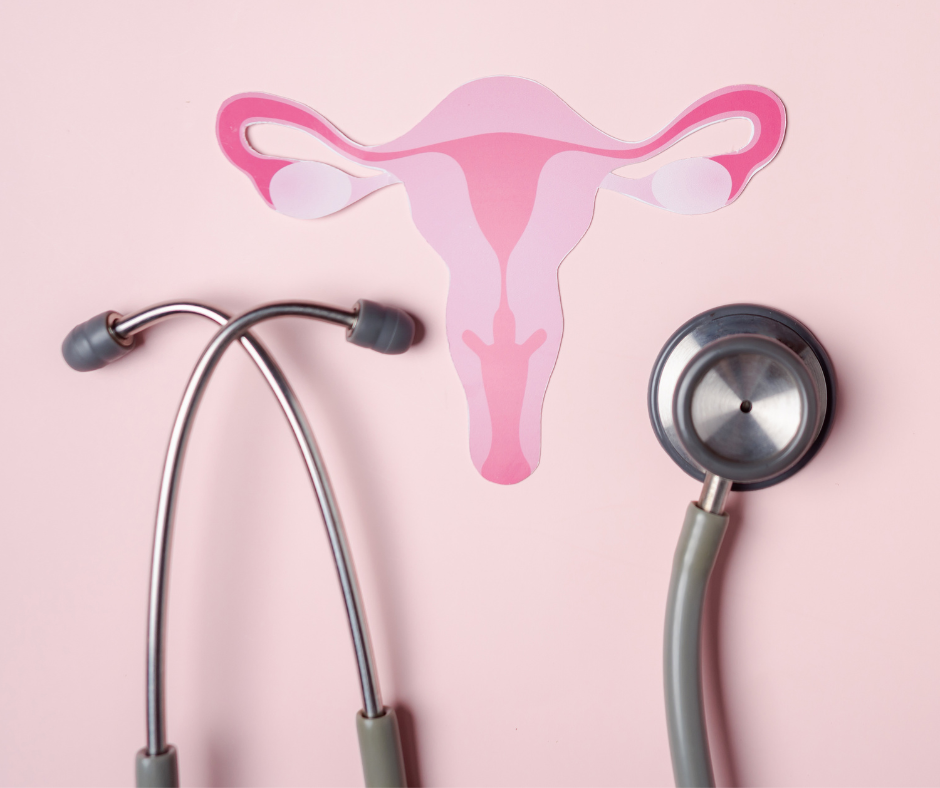
The Importance of Cancer Screenings in Menopause
Today, I aim to shed light on crucial topics surrounding cancer prevention and early detection. Let’s focus on the significance of cancer screenings, specifically mammograms and Pap smears, for women navigating through menopause.
Understanding Menopause and Cancer Risk: Menopause marks a significant phase in a woman’s life, typically occurring between the ages of 45 and 55. During this transition, hormonal changes take place, often leading to various symptoms such as hot flashes, mood swings, and changes in menstrual cycles. While menopause is a natural process, it also brings about changes in the body that may impact cancer risk.
The Importance of Cancer Screenings: Regular cancer screenings play a pivotal role in early detection, which significantly increases the chances of successful treatment and survival. For women in menopause, screenings like mammograms and Pap smears are essential tools in detecting breast and cervical cancers respectively, two of the most common cancers affecting women worldwide.
Mammograms: Mammograms are X-ray images of the breast tissue used to detect breast cancer early, often before symptoms are noticeable. The risk of developing breast cancer increases with age, making regular mammograms crucial for women in menopause. The American Cancer Society recommends that women aged 45 to 54 should undergo mammograms annually, and those aged 55 and older can transition to biennial screenings or continue yearly screenings based on their preference and risk factors.
Pap Smears: Pap smears, also known as Pap tests, are used to detect cervical cancer or abnormalities in the cervix that may lead to cancer if left untreated. While the risk of cervical cancer decreases with age, it’s still important for women in menopause to continue regular screenings. The American Cancer Society recommends that women aged 21 to 65 should have a Pap smear every three years, or a combination of a Pap smear and HPV test every five years, depending on their age and medical history.
Overcoming Barriers to Screening: Despite the clear benefits of cancer screenings, various barriers may prevent women in menopause from undergoing these tests regularly. These barriers may include lack of awareness, fear or anxiety associated with the screening process, financial constraints, or limited access to healthcare services. It’s essential to address these barriers through education, community outreach programs, and policy initiatives to ensure that all women have access to life-saving screenings.
Empowering Women to Take Charge of Their Health: As we conclude this edition of our Cancer Awareness Newsletter, we urge all women in menopause to prioritize their health and well-being by scheduling regular cancer screenings. By taking proactive steps towards early detection, we can empower ourselves and our loved ones to live healthier, longer lives free from the burden of cancer.
Together, let’s raise awareness, promote education, and advocate for accessible healthcare services to ensure that no woman is left behind in the fight against cancer.
Remember, early detection saves lives.
